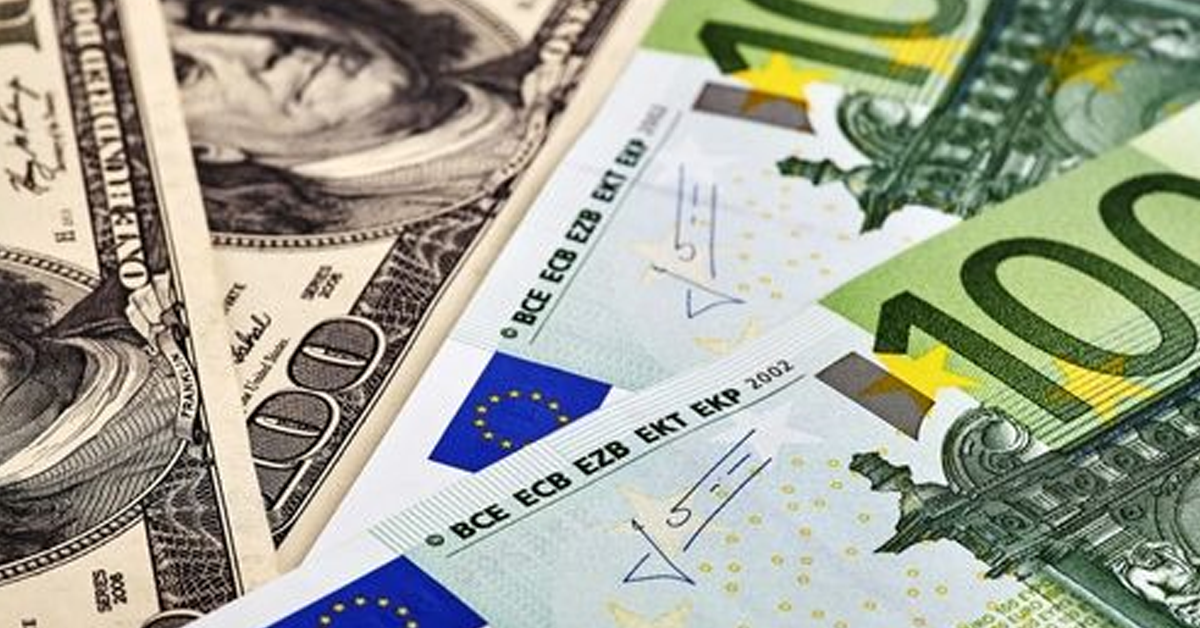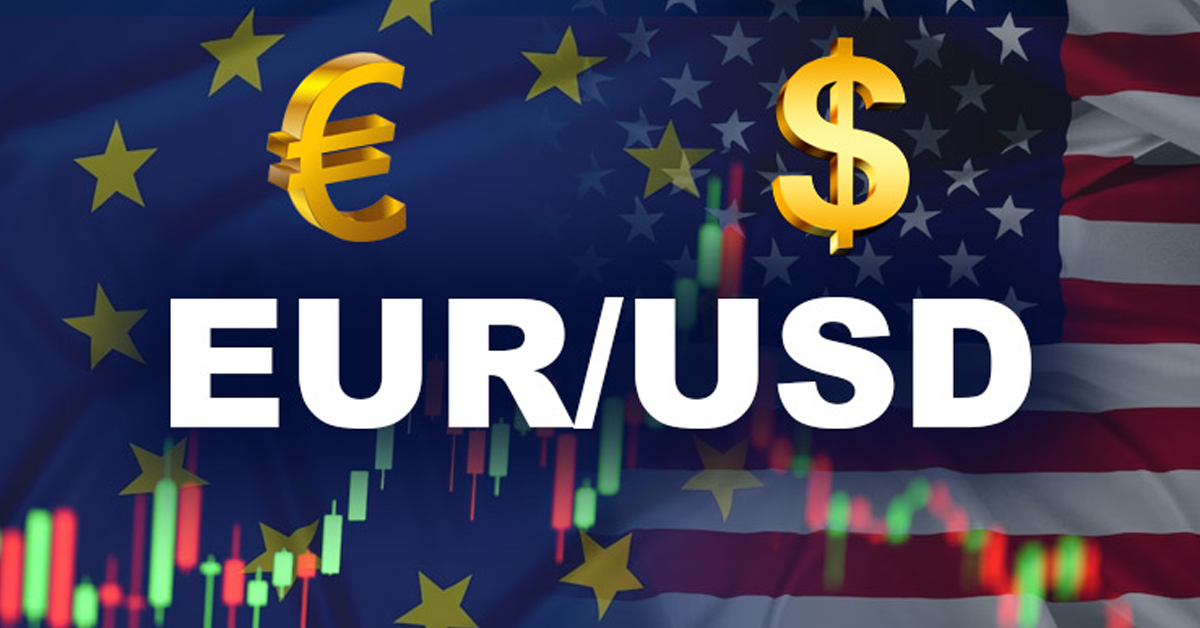Oil falls due to global economic fears, ahead of the EU decision on Russia’s oil ban
Oil prices fell on Monday, along with Asian stock markets, on worries of a worldwide recession reducing oil consumption, with investors eyeing European Union discussions on a Russian oil embargo, which is likely to constrain global supply. By 0153 GMT, Brent crude had fallen 28 cents, or 0.3 percent, to $112.11 per barrel. West Texas Intermediate oil in the United States was trading at $109.36 per barrel, down 41 cents, or 0.4 percent.
“The key reasons that impact the oil price are the broader risk-off mood fueled by recession worries, and China’s lockdowns,” CMC Markets analyst Tina Teng said. Concerns about interest rate rises and lengthy COVID-19 lockdowns in China, which are harming the world’s second largest economy, have also rattled global financial markets.
“China’s continued restrictions may continue to impact on short-term oil prices,” Teng added. Saudi Arabia’s price drop reflected concerns about global oil consumption, she added. On Sunday, Saudi Arabia, the world’s largest oil exporter, reduced crude prices for Asia and Europe for June. Brent and WTI jumped for the second week in a row last week on supply worries after the European Commission suggested a phased restriction on Russian oil as part of its toughest-yet package of measures related to the Ukraine war. The plan requires a vote by all EU members.
However, Bulgaria’s Deputy Prime Minister stated late Sunday that if the proposed embargo is not lifted, the nation will reject EU oil penalties against Russia.”The negotiations will continue tomorrow and maybe on Tuesday, with a meeting of the leaders required to finalise them. Our stance is unequivocal. If certain nations receive a dispensation, we would like to receive one as well “Vassilev told BNT national television.
Bulgaria had previously stated that if such opt-outs were permitted, it would seek an exemption from the planned Russian oil ban, but it was unclear if it was seeking a full exemption or a delay similar to the one suggested on Friday for Hungary, Slovakia, and the Czech Republic. According to Teng, the exclusions “will surely make the punishments less effective.”
G7 nations committed on Sunday to limit or phase down Russian oil imports, as Washington imposed further penalties on Gazprombank executives and other firms. Japan, a member of the G7 and one of the top five oil importers in the world, would restrict Russian crude imports “in principle,” Prime Minister Fumio Kishida said on Sunday.











